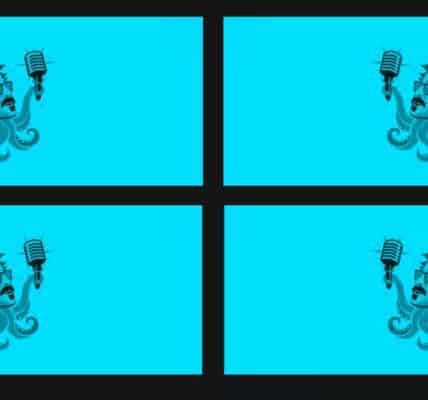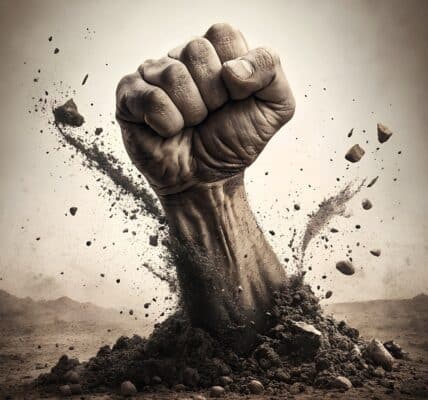Who Is the Opponent?

This quotation from American psychiatrist Thomas Szasz can be found in many places online:
You have to have a term in the diagnostic and statistical manual in order to then call it a disease and treat it as a disease and write a prescription for it…
You eat too much, it’s a disease, it’s an addiction. You smoke too much, it’s a disease. You’re too unhappy, it’s a disease. You’re too thin, it’s a disease. Too fat, it’s a disease…
No free will, it’s all chemicals. No self-discipline, no self-control…
When everything is identified as a chemical imbalance, then presumably everything is amenable to cure by a particular drug or a particular form of treatment, which in turn ties every conceivable problem to materialism. This way of looking at things fits very well with capitalism. If every problem can be fixed by an object or a substance that can be bought, it makes the bookkeeping so much easier. But first, that problem has to be identified and labeled as a disease.
Even in a humane, merciful society that conforms to the ideal of the government helping people to cover medical costs, someone in an office somewhere still must certify the problem as a disease, in order to check a box on a form that allows the government to release a certain amount of money, so the patient can be treated for their condition.
Whether funds are released to pay for a bottle of medicine, or for a certain number of appointments with a professional who deals with disorders on a mental and emotional level — in any case, in order for that bureaucracy to function, a disease has to be named so the paperwork can be filled out.
Now, back up three paragraphs and slightly rewrite a sentence, that one about how if every problem is caused by a chemical imbalance, then presumably every problem is solvable and curable by a particular drug or a particular form of treatment.
But… Would this not imply that the malady is not curable by anything except that particular treatment or drug? It is impossible not to wonder what Szasz had to say about that!
At any rate, another recent post signed off with another Szasz quotation that deserves repetition, because there is a lot more to be said about the ideas behind it:
Addiction, obesity, starvation (anorexia nervosa) are political problems, not psychiatric: each condenses and expresses a contest between the individual and some other person or persons in the environment, over the control of the individual’s body.
The plot thickens! Who is the person, or who are the people, with whom the patient is engaged in a struggle over the ownership of her or his own body? Who is it that the sufferer feels an urge to punish? To whom does a miserable child try to make some kind of point, like maybe, “You think I’m bad? You ain’t seen nothin’ yet. I’ll show you just how bad I can be.”
This is almost too easy. Could that opponent possibly be, oh, let’s just pick a name at random… Could it be Mom? Or Dad?
Speaking of Dad, we once heard from an orthopedic technician about a patient with an arm cast, brought over from an addiction treatment facility. This youth proudly related that he had been “put into rehab,” in a number of different institutions, a total of 26 times. According to him, his father cared about nothing in the world except money. The patient experienced great pleasure and satisfaction from knowing that these numerous admissions had cost his father a fortune.
And Mom? In the universe of professional standup comedy, there is a whole subgenre of comedy dedicated to the combination of addiction and Mother.
Marc Maron, for instance, as we have seen, was a precocious child who caught on quickly that growth was acceptable in only one direction — vertically. A visiting researcher from another planet might get the impression that all human mothers either are addicts, or are the architects of addiction in their children, or most likely, both.
Written by Pat Hartman. First published November 14, 2025.
Source:
“Thomas Szasz and the Myth of Mental Illness — In Brief,” Substack.com, undated.




